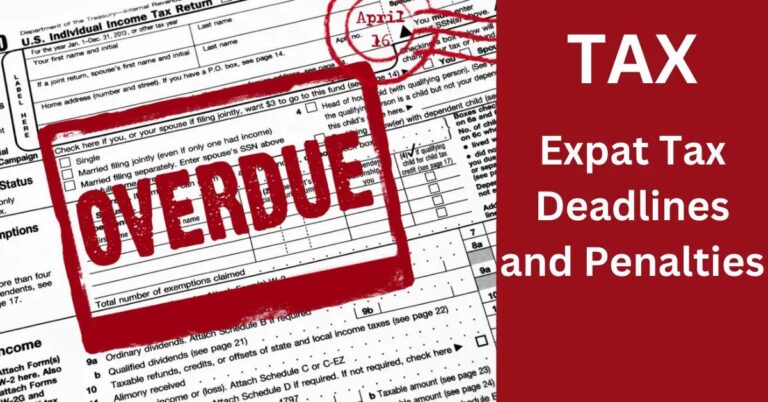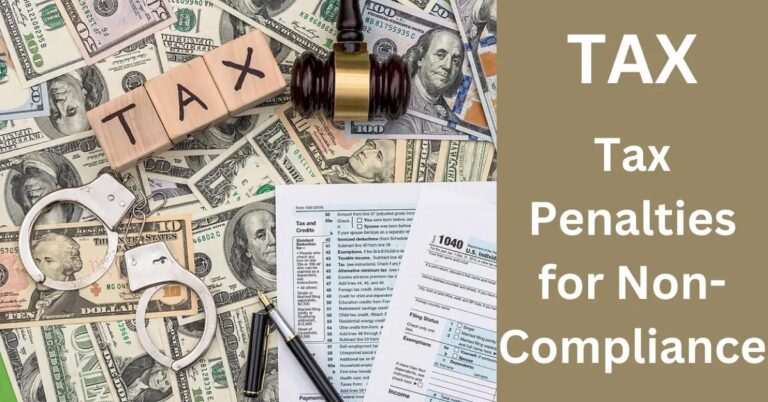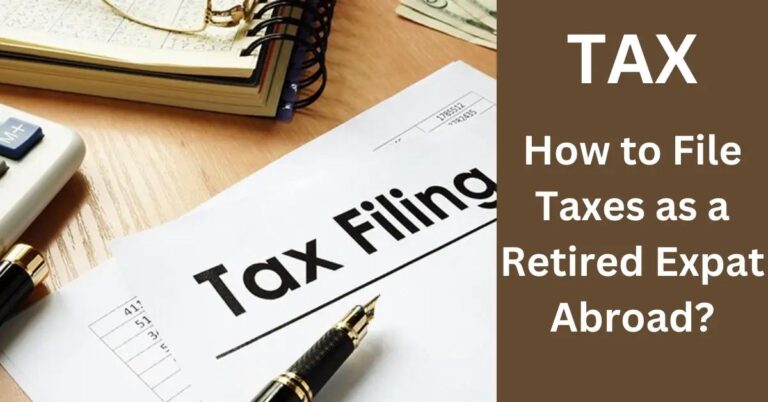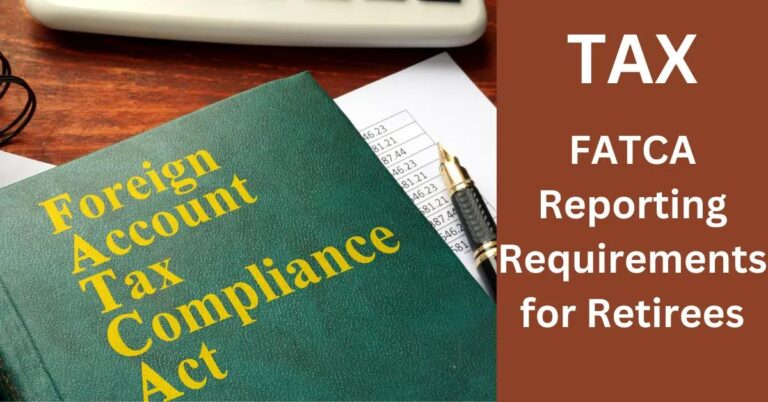TL;DR:
- Report foreign accounts online with FBAR (Form 114) if accounts exceed $10,000.
- File online via the BSA E-Filing System using detailed account information.
- Ensure accurate and timely filing by April 15 to avoid penalties.
- Penalties for failing to file include fines up to $10,000 per violation or 50% of account value if intentional; potential legal consequences include up to 5 years in prison.
- Online support is available through the BSA E-Filing System help desk for any filing issues.
- Seek legal assistance for complex situations or if filing deadlines are missed.
- Double-check data for accuracy to avoid common filing mistakes.
Filing your FBAR online can seem daunting, but it's crucial for expatriates. If you have over $10,000 in foreign accounts, you must report them to the IRS. Ignoring this can invite hefty penalties. But how do you get it right? I'll walk you through the FinCEN Form 114 filing process, step-by-step, making reporting stress-free. Stick with me, and you'll navigate these financial waters with ease. Let's dive in!
How to Report Foreign Bank Accounts Online
Let's dive right into the process of reporting your foreign bank accounts online. First, you need to understand what FBAR is. FBAR stands for "Foreign Bank and Financial Accounts." It's a form that tells the government about your foreign accounts.
You must file FBAR if you have over $10,000 abroad. What if your account holds less than that? You don't need to report it. Follow this number carefully. It's your threshold for reporting.
So, how do we start? You use Form 114 to file online. You will need to visit the BSA E-Filing System. This is where you submit your information securely. To fill out Form 114, have account details handy. You'll need names, addresses, and account numbers. You'll also need the bank's name and address.
Take note of the FinCEN Form 114 link. This guide offers details about the form. It's a helpful resource for any confusions. If you have trouble, there's help. The BSA E-Filing System offers online support. Feel free to use it if you're stuck.
Submitting the form is simple. Follow the steps prompted on the screen. Double-check your details before submitting. Accuracy is key. Mistakes might call for amendments later.
Common issues may arise during electronic filing. Ensure your internet is stable before you begin. Save all progress if your connection glitches. Keep track of your submission date. FBAR is due April 15. Missing this can bring penalties.
Understand the broader context as well. Accurate FBAR reporting helps avoid legal issues. The government takes these reports seriously. Failing to file can mean penalties up to $10,000 per violation. In the worst cases, it could be higher.
Clearly reporting foreign accounts can help you avoid any headaches. Act within the law to ensure peace of mind.
How to Report Foreign Bank Accounts Online
You might ask, how do you report foreign bank accounts online? The process centers around the FinCEN Form 114, known as FBAR. If you hold foreign accounts, you must file this form if the sum exceeds $10,000. Let’s tackle this step-by-step, ensuring we cover all you need to file successfully.
First, access the FinCEN BSA E-Filing System. The system will guide you to register for an account. This tool simplifies the FBAR filing process, providing a clear pathway for filing.
Once registered, navigate to the section for filling out Form 114. You'll need details of your foreign accounts, including bank names, addresses, account numbers, and maximum account values during the year. This precise data entry is crucial since it ensures correctness.
Now, let's look at some assistance options and resources. The filing system offers support via a help desk, should you encounter issues along your FBAR journey. They can provide direct help and guide you through challenging sections.
But what about common issues during filing? Many mistakes arise from data mismatches or incomplete information. Carefully review all entries before submission. Another frequent issue is not submitting on time. Remember, the annual FBAR is due to the Treasury Department, not the IRS, by April 15.
Familiarize yourself with the FBAR Filing online platform to avoid errors. Here's a key point: it's all about accuracy and timely filing. Stay organized by gathering all necessary bank details early on.
Prepare yourself for a smooth experience by understanding the form's requirements and practicing patience. With this guidance, you can confidently complete the FBAR online. Your financial transparency is vital not only for compliance but also for your peace of mind.
What Are the Implications of Not Reporting Foreign Accounts?
If you don't report a foreign bank account, you face serious problems. The penalties for unreported foreign accounts can be severe. Failing to file could mean hefty fines and could even lead to criminal charges. Imagine having a $10,000 account and getting fined just because you didn't file Form 114.
The consequences of IRS non-compliance include significant fines. The FBAR penalty structure is daunting. If you missed filing, the fine is up to $10,000 per violation. Did you know that if it was deliberate, the penalty might reach 50% of your account value?
Legal trouble can come next. If you don't report as required, the IRS might pursue criminal charges. You could face a maximum of five years in prison in severe cases. These outcomes stress the importance of timely and accurate submission.
To avoid these pitfalls, consider seeking legal assistance. Expert lawyers specialize in tax and FBAR issues. They help you understand your obligations and avoid costly mistakes. They offer strategies to fix mistakes if you've missed filing.
Navigating FBAR requirements can be tricky. Make sure to avoid typical mistakes. Always double-check your information, and be aware of reporting deadlines. Delaying your filing can increase risk and penalties, so act promptly.
Taking these steps ensures you avoid future worries. If you're unsure, plenty of resources are available. Help is there to guide you through the FBAR process. Several services can help fill out and submit forms correctly.
For more information, you can explore the FinCEN Form 114 process further. You will find resources that can guide you through filing correctly. It might sound tedious, but understanding these factors can save significant trouble later.
Conclusion
Filing your FBAR is crucial to staying compliant with IRS rules. We've covered who must file, the $10,000 minimum threshold, and the serious penalties for missing this step. Next, I explained how to report online using FinCEN Form 114. Lastly, we looked at the tough outcomes of not reporting. Compliance is key to avoiding trouble. So, know the rules, file correctly, and avoid costly mistakes. Your peace of mind depends on understanding and acting on these requirements.












